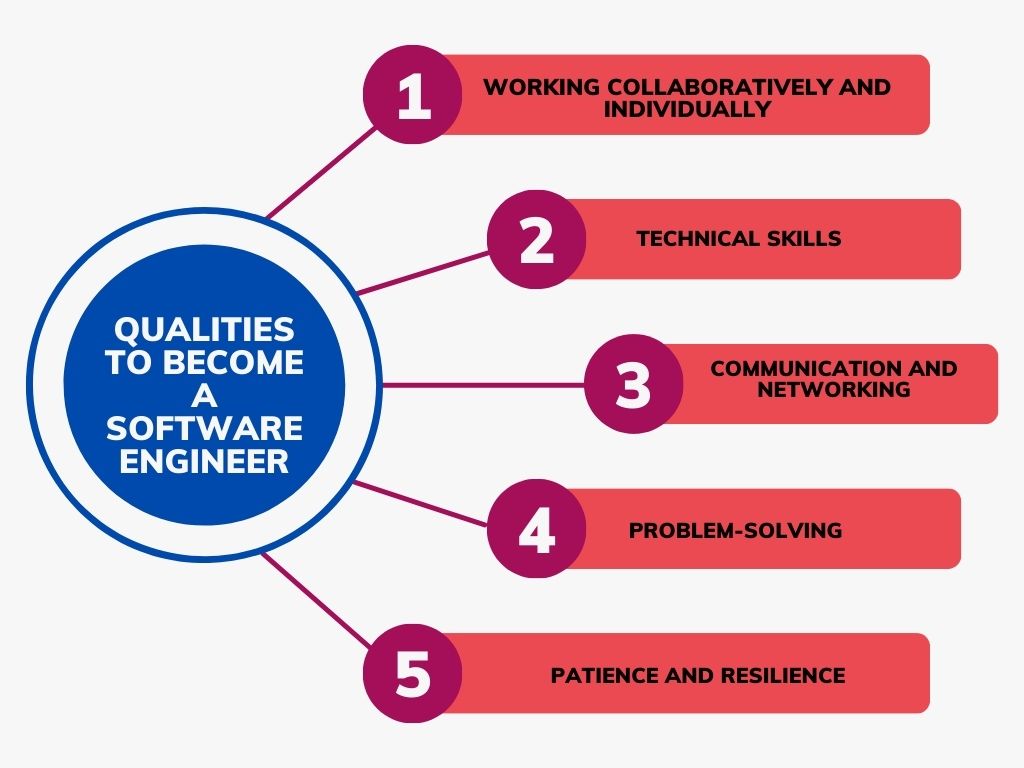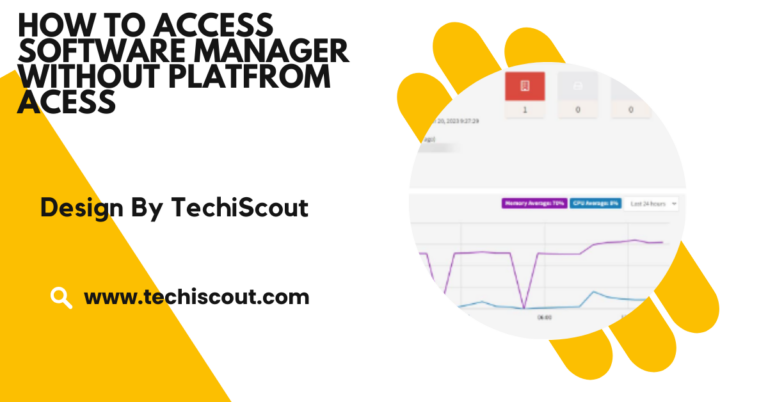Entry Level Software Engineer – Comprehensive Guide to Launching a Tech Career!
An entry-level software engineer designs, develops, and maintains software while learning and collaborating with seniors.
Whether you’re a recent graduate or switching careers, this guide of entry level software engineer will help you understand what it takes to become an entry-level software engineer and thrive in the industry.
Table of Contents
Who is an Entry-Level Software Engineer:

An entry-level software engineer is a professional at the beginning of their tech career. They design, develop, test, and maintain software applications under the supervision of senior engineers.
These roles often focus on learning the ropes of software engineering while contributing to real-world projects.
Key Responsibilities:
- Writing, testing, and debugging code.
- Collaborating with senior developers and team members.
- Participating in code reviews.
- Learning and implementing best practices in software development.
Skills Required for an Entry-Level Software Engineer:
To excel as a software engineer, you need a mix of technical skills and soft skills. Here are the essentials:
Technical Skills:
- Programming Languages: Proficiency in Python, Java, C++, or JavaScript.
- Version Control: Familiarity with Git and platforms like GitHub.
- Problem-Solving: Strong algorithm and data structure knowledge.
- Development Frameworks: Understanding frameworks like React, Angular, or Django.
- Databases: Basic knowledge of SQL and NoSQL databases like MySQL and MongoDB.
Soft Skills:
- Communication: The ability to articulate ideas clearly.
- Teamwork: Collaborating effectively with colleagues.
- Adaptability: Staying updated with evolving technologies.
- Analytical Thinking: Solving problems systematically.
How to Become an Entry-Level Software Engineer:
Pursue a Relevant Education:
A degree in computer science, software engineering, or a related field is often the first step. Bootcamps and online courses can also provide the necessary knowledge and skills.
Build a Solid Portfolio:
Showcase your skills through projects. Create a portfolio with examples of coding projects, apps, or websites you’ve built. Use GitHub to make your code publicly accessible.
Gain Practical Experience:
Internships, freelance projects, or contributing to open-source initiatives can give you hands-on experience.
Learn Industry Tools:
Get familiar with tools and platforms commonly used in software development, like Docker, AWS, or Jenkins.
Prepare for Interviews:
Learn to solve coding problems efficiently. Practice with platforms like LeetCode, HackerRank, or CodeSignal to ace technical interviews.
Read More: Tax Preparation Software Can Help Prepare And File Your Taxes By _________
Top Companies Hiring Entry-Level Software Engineers:
Many reputable companies actively hire entry-level software engineers. Some of these include:
- Amazon
- Microsoft
- IBM
- Startups offering diverse opportunities
Average Salary of an Entry-Level Software Engineer:

The salary for an entry-level software engineer in the United States typically ranges from $70,000 to $100,000 annually, making it a lucrative career choice for those entering the tech industry. However, multiple factors influence this salary range, such as:
Geographical Location:
- High-Cost Areas: In tech hubs like San Francisco, New York City, or Seattle, entry-level salaries tend to be on the higher end of the spectrum, often exceeding $100,000 due to the higher cost of living and the concentration of tech companies.
- Lower-Cost Areas: In smaller cities or rural areas, salaries may fall closer to $70,000, reflecting local living expenses and regional demand for software engineers.
Company Type and Size:
- Large Corporations: Companies like Google, Microsoft, and Amazon often offer competitive packages, including bonuses and stock options.
- Startups: Startups may pay slightly less in base salary but often provide equity options and opportunities for rapid skill growth.
Expertise and Educational Background:
- Graduates from prestigious universities or individuals with advanced certifications (e.g., AWS Certified Developer, Microsoft Certified Azure Developer) often command higher starting salaries.
- Hands-on experience through internships or contributions to open-source projects can also boost earning potential.
Specialization:
- Entry-level engineers with niche skills, such as machine learning, cybersecurity, or DevOps, might earn higher salaries due to demand for these specializations.
Tips to Succeed as an Entry-Level Software Engineer:
Continuous Learning:
- The tech industry evolves rapidly, with new programming languages, tools, and frameworks emerging regularly. Staying updated with trends such as AI, cloud computing, and blockchain ensures you remain competitive.
- Online learning platforms like Coursera, Udemy, and Codecademy offer affordable courses to enhance your knowledge.
Seek Mentorship:
- Find a mentor within your organization or through professional networks like LinkedIn. A mentor can guide you in navigating workplace challenges, improving your technical skills, and advancing your career.
- Mentors can also provide insights into industry best practices and help you avoid common pitfalls.
Networking:
- Attending tech meetups, hackathons, and webinars is an excellent way to connect with other professionals.
- Join communities like Stack Overflow, GitHub, or Reddit’s tech-related forums to engage in discussions, seek advice, and showcase your expertise.
Be Open to Feedback:
- Constructive criticism is a valuable tool for growth. Whether it’s a code review or feedback from a peer, use these opportunities to refine your skills.
- Cultivate a growth mindset to view challenges as opportunities for learning.
FAQ’s:
1. What does an entry-level software engineer do?
They write, test, debug code, and collaborate with senior developers on real-world software projects.
2. What skills are required to become an entry-level software engineer?
Proficiency in programming languages, version control, problem-solving, teamwork, and communication skills are essential.
3. How can I start my career as an entry-level software engineer?
Pursue relevant education, build a portfolio, gain practical experience, learn industry tools, and prepare for technical interviews.
4. What is the average salary of an entry-level software engineer?
The average salary ranges from $70,000 to $100,000 annually in the United States, depending on expertise and location.
5.What are the top companies hiring entry-level software engineers?
Google, Amazon, Microsoft, IBM, and startups are some of the leading employers.
Conclusion
Embarking on a career as an entry-level software engineer is a rewarding step into the dynamic world of technology. With a focus on continuous learning, practical experience, and the right set of technical and soft skills, you can position yourself for success. Whether you’re building innovative applications, solving complex problems, or collaborating with talented teams, this role offers endless opportunities for growth and development.
Related Articles:
- Read More: Ford Pcm Programming Software
- Read More: Hubstaff Can Detect Software That Mimics Mouse Movement
- Read More: Introducing a New Software into the Office






